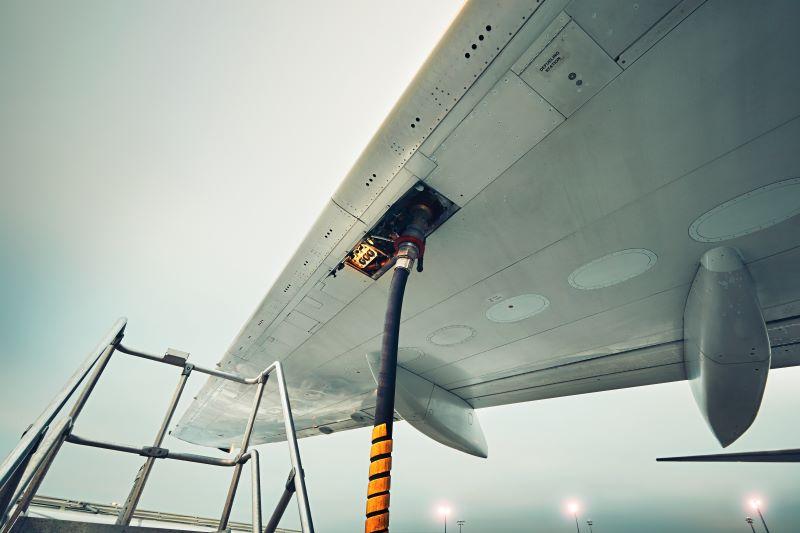
Credit: Chalabala / Getty Images
As Europe’s airlines look beyond the omicron coronavirus variant to what they hope will be a successful summer season, fuel is in focus, as jet fuel prices reach record highs. IATA said the price for jet fuel ended last week (Jan. 28) up 2.6% at $105.7/bbl compared to the previous week. Compared to...
Subscription Required
This content requires a subscription to one of the Aviation Week Intelligence Network (AWIN) bundles.
Schedule a demo today to find out how you can access this content and similar content related to your area of the global aviation industry.
Already an AWIN subscriber? Login
Did you know? Aviation Week has won top honors multiple times in the Jesse H. Neal National Business Journalism Awards, the business-to-business media equivalent of the Pulitzer Prizes.


